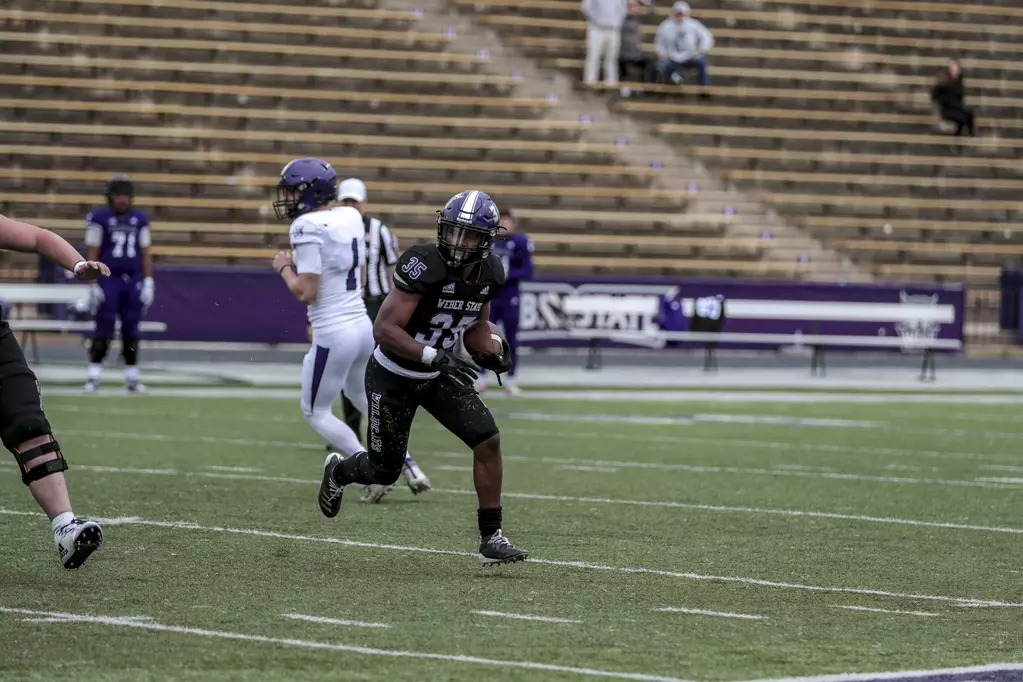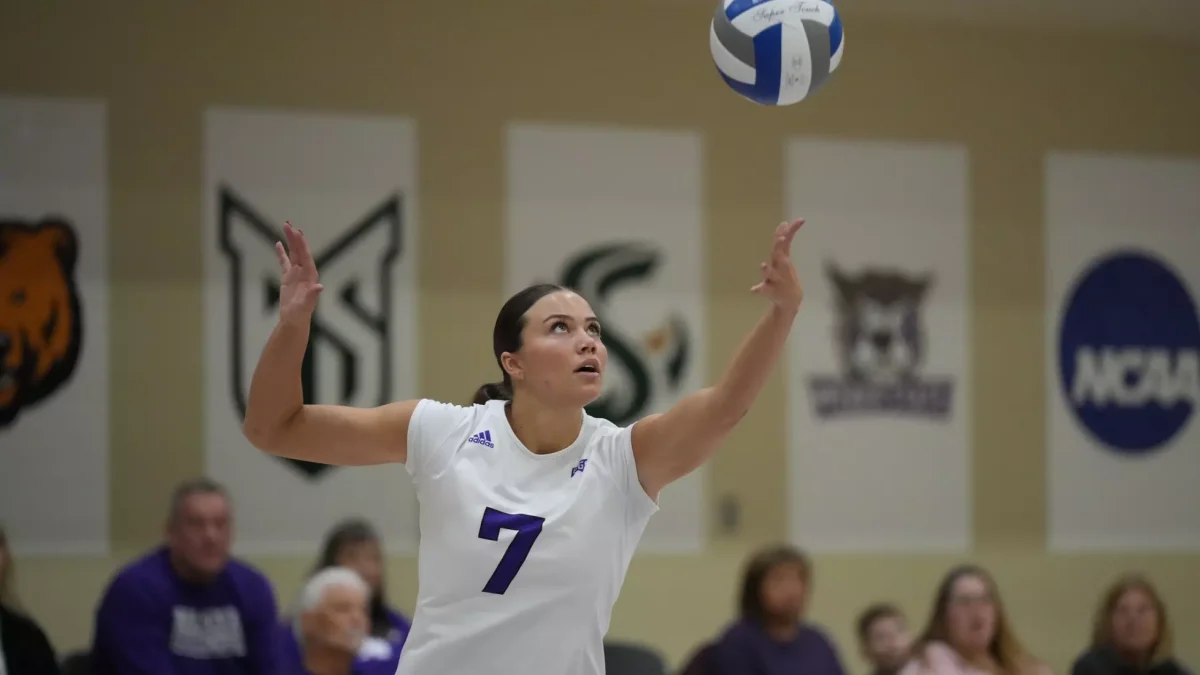My life and college story is no different than others. I was born and raised in Ogden, being the firstborn in a Mexican and Salvadoran immigrant household.
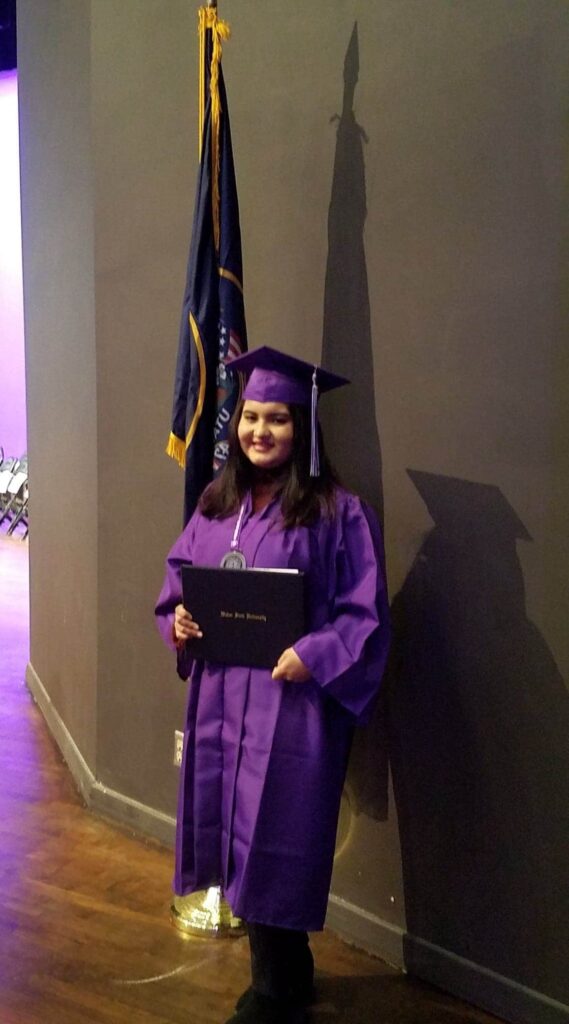
From a young age, I was expected to pursue higher education, making me not only a first-generation American but also a first-generation college student. My origin story may seem different to people whose families have been here for generations upon generations, but there are still many first-generation Americans who may find my story all too familiar.
Along with the expectation to go to college from a young age also came a disconnect with my culture. Being in a completely different country from where my parents grew up caused a lot of confusion about my identity, and it didn’t help that my parents were from two different countries. Am I Mexican, Salvadoran or American? Am I all of three or none of them? And how do I balance all three identities?
I think my biggest struggle was with the last question. How the hell am I supposed to connect to all of these cultures and not feel like an outsider in some shape or form? At some point, I completely gave up trying to figure it out and just stopped trying to connect to anything at all.
This isn’t to say I entirely disconnected myself. I always ate the food, occasionally listened to music in Spanish and tried my best to improve my Spanish skills. However, I felt like there was no point in furthering my knowledge or understanding of my heritage outside of speaking Spanish, eating the food my mom made and surface-level pop culture events in Latin America. I just wanted to be Lissete — no identities attached.
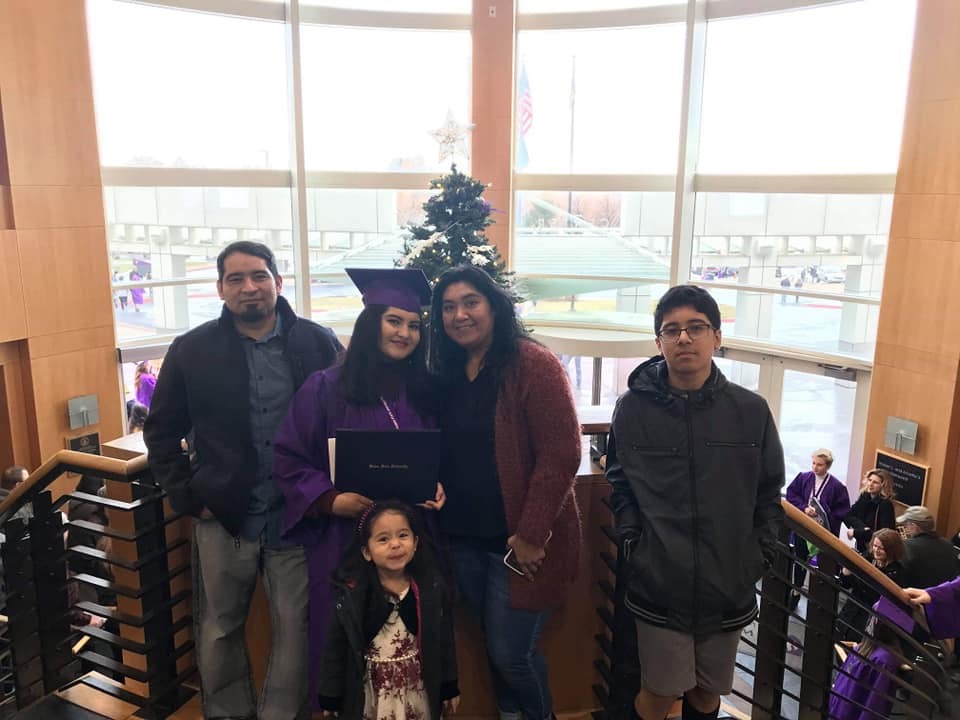
I had entered college with little-to-no sense of identity and motivation to go to school. I had burnt myself out so much during high school that I never wanted to look at another homework assignment. Thanks to my mom, she made sure that I registered for classes and got my financial aid settled before fall 2017 started. It was either that or get a full-time job, and 17-year-old me would rather die than do that.
Then I found myself at the Center for Multicultural Excellence, talking to Monica Rodriguez about joining the WSU Ballet Folklorico. I had always looked up to the folk dancers I had seen at festivals and on the television, but doing it myself? I couldn’t even hold a proper conversation with my friends and would lose my breath just by looking at a flight of stairs. There was no way I would succeed in this, but there was no harm in at least seeing what it was like. Plus, I’d be getting a scholarship out of it.
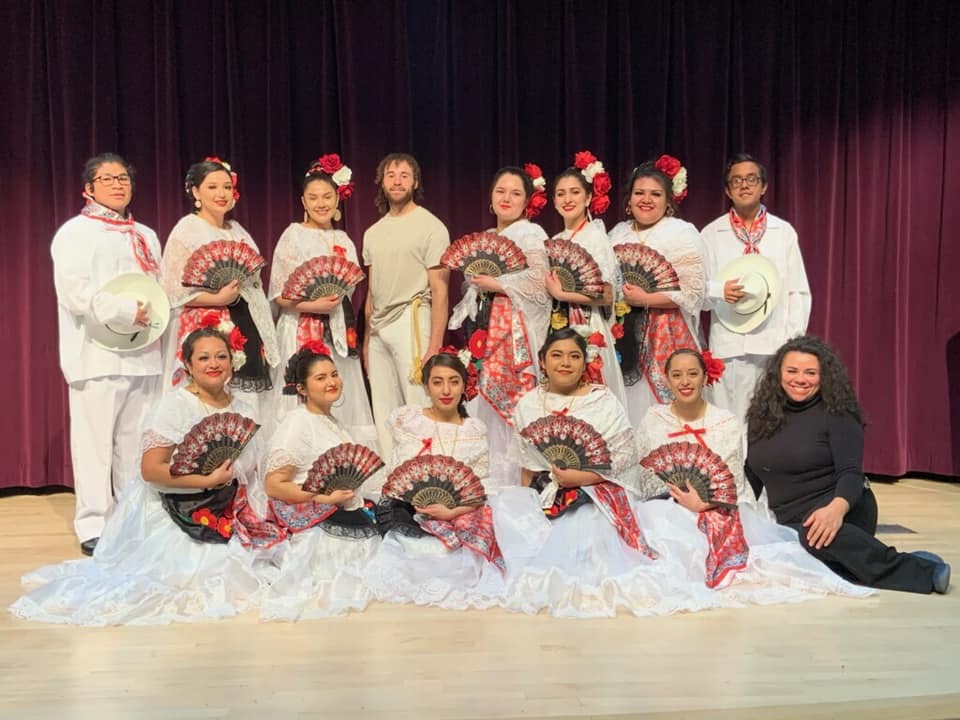
After a few meetings, it felt like I had found my place on campus. The people in the group were so kind and welcomed me with open arms. On a campus with the majority white non-Hispanic students, I felt a sense of community with those who had a similar upbringing. Even if we came from different Latino cultures, this group was where I fully felt like I had a place on campus.
To some, it may feel silly to self-exclude yourself from spaces where you may be a little different, but I was very introverted, so if there was one thing that was off, I immediately shut down. It’s exactly why my high school friends had to keep having to poke me a little to get through to me.
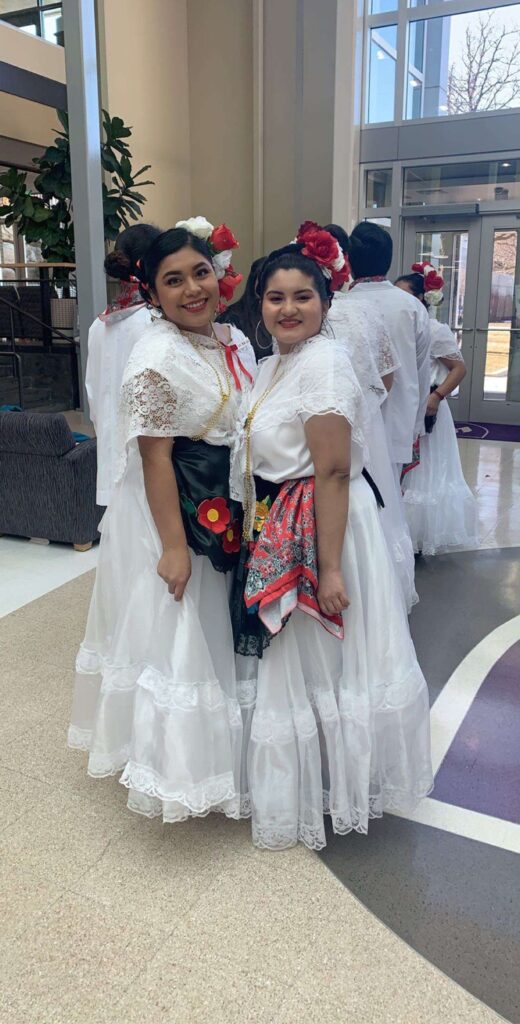
I was able to grow my circle of friends at the Ballet Folklorico. Spending four-plus hours a week together practicing for events, stressing about them and finally seeing the result of all that practice brought us together. The decision to step out of my comfort zone that first semester of college was the best decision I’ve ever made. I did a damn good job at dancing and was happier than I had been in a long time.
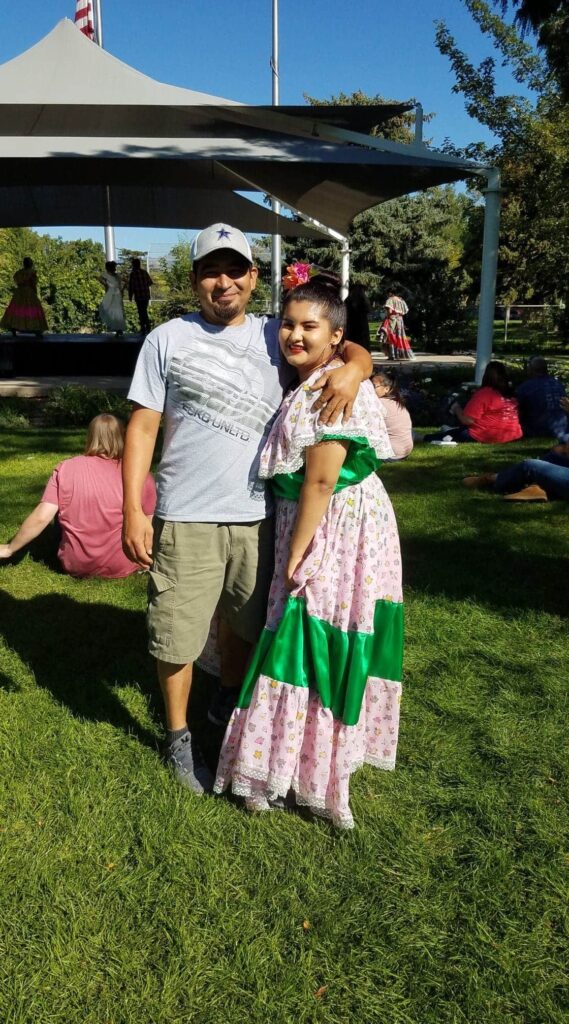
However, there was still something missing. Why was I even in college anyway? Where am I going with the education I’m getting?
I initially came to Weber with the expectation of becoming a registered nurse by the end of it. It was something I had dreamt of since middle school. I loved helping people and the environment inside hospitals. Seeing how nurses and doctors helped my family really inspired me; I wanted to make a difference in people’s lives.
Upon taking the Intro to Health Careers class, I realized nursing was not what I thought it would be. Sure, I knew it would be stressful, but I didn’t know how much work nurses actually did. It stressed me out, and I spiraled a bit. I spent this whole time believing I was coming out of college as a nurse, but that all came tumbling down after a few class periods.
I learned about the Medical Laboratory Sciences program in that same class, which calmed my nerves a little. I may not become a nurse, but I was still passionate about the health science industry, so picking something a little less hectic in the same environment was perfect.
That immediately ended after I couldn’t pass my midterm for the Intro to Medical Lab Practices class and dropped the class the moment I left the testing center. I also realized I kept deluding myself into thinking I was good at science when, in reality, I really sucked at it.
So what now? I was now a year into college and found myself completely lost. Do I give up? Drop out of school? Then what was the point of my parents’ struggles to get me to this position in life? What was the point in going to the No. 1 high school in the state if I wasn’t going to put it to use?
During the summer of 2018, I investigated the different degrees Weber offered. Surely there was something I could do, right?
Then I found the communication department. Now, I wasn’t the most passionate person about the topic. To this day, I still call myself a communication major with terrible communication skills. Despite this, I still thought it was interesting to study. As a lifelong social media user and fangirl of musicians and actors, I didn’t mind spending the rest of my life working in that general space, and a communication degree would be my best bet in getting there. What was the best emphasis for this, though? Multimedia journalism.
And that led me here to The Signpost. I realized how much I loved to write while being here. Despite this, I realized I didn’t want to be a journalist my entire life. I’ll be honest, I’ve never had as many headaches in my life as I have during the past two years of writing and editing for The Signpost, which is why I later changed my emphasis to organizational communication.
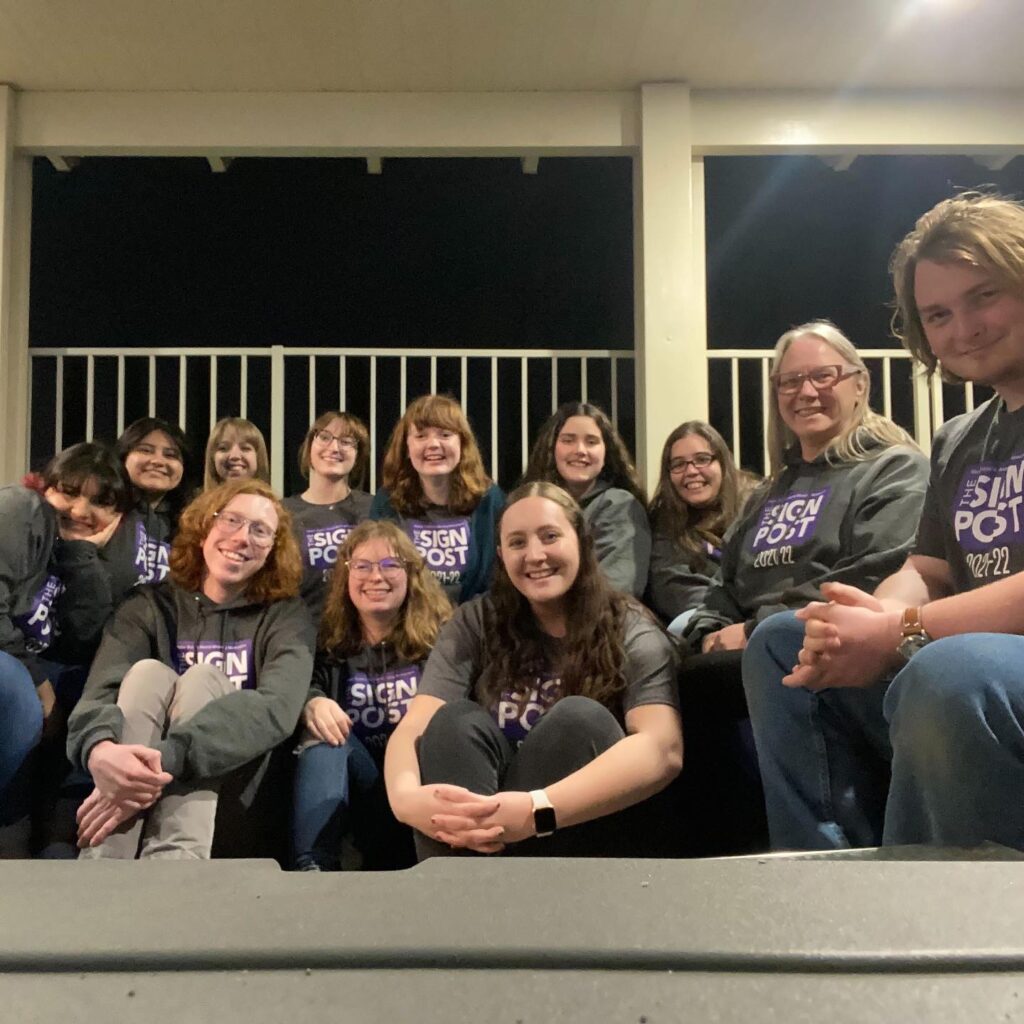
This doesn’t change the fact that I love the work I’ve done here. It’s another space where I’ve made amazing friends and discovered what I want to do with life, more or less.
Even if I don’t want to be a journalist, I discovered my passion for translation here, which is something I definitely see myself doing for the rest of my life. When I declared my minor in localization, I started translating different articles here. While it is tedious work, I love doing it. It made me reflect on all the years I have spent translating and interpreting for my parents as they’ve continued to learn English, realizing how important language accessibility is.
Now, I sit here as the culture desk editor, writing this and reflecting on all the events that have led to my success and personal growth as I begin to close another chapter of my book of life.
Five years ago, I never imagined where I would end up. I was sure I would not have made it this far, working in some dead-end job and becoming another statistic of Latinos who didn’t pursue higher education. I genuinely believe 18-year-old Lissete would be proud of 22-year-old Lissete, even if I didn’t become a nurse. The fact that I’m in a better mental space would be good enough for her.
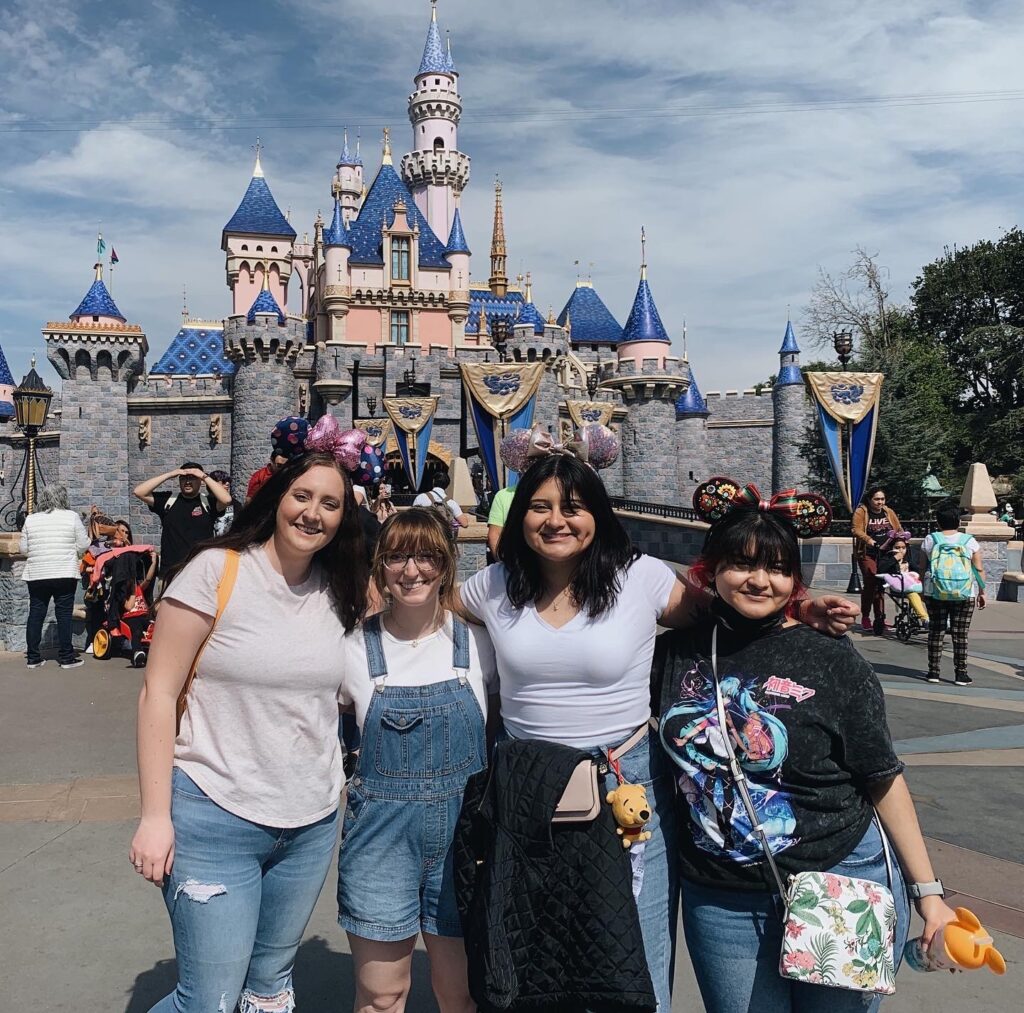
Despite how common or uncommon my story may be, I still think it’s important to highlight stories like mine and those that differ because sometimes it’s hard to find people you can relate to or have gone through similar experiences. Even though I grew up and was friends with mostly Hispanic first-generation kids, it still felt like they were in a completely different world than me.
Looking back, I don’t understand why I would have felt this way. Is it because we didn’t talk about our lives that way? Or did we just not expect what the world we’d enter would be like as we got closer to adulthood? Would we have these conversations now if we had not drifted away from each other? I’m not sure, but seeing how they’re living now, it seems we were all living the same life and didn’t know how to talk about it.








